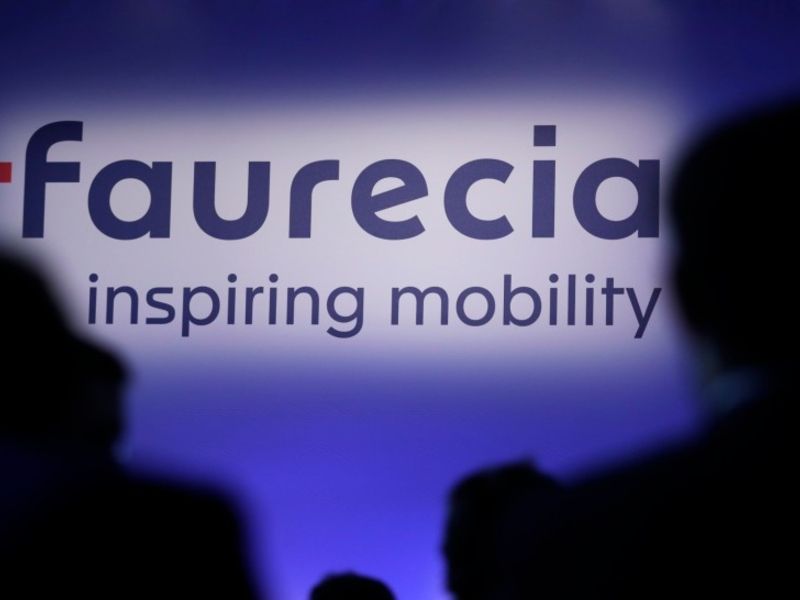
PARIS – The French component maker Faurecia said it expects to return to profit and cash generation in the second half of the year helped by cost controls after reporting a first-half operating loss due to the COVID-19 crisis.
Faurecia targets sales of around 7.6 billion euros ($8.89 billion), an operating margin of around 4.5 percent of sales and net cash flow of around 600 million euros for the second half of the year, the company said in a statement.
CEO Patrick Koller also told BFM business radio that the company had good visibility over the third quarter but that there were more uncertainties regarding the fourth quarter.
The company reported a first-half operating loss of 114 million euros ($134 million), which included a 20 million euro one-off charge related to the coronavirus crisis. Like-for-like sales fell 35 percent.
“In the medium term, our focus on key priorities in the new post-COVID-19 market environment gives us confidence in our ability to achieve our profitability and cash generation ambition for 2022,” Koller said in the statement.
Those 2022 targets include an operating margin of 8 percent of sales and net cash flow of 4 percent of sales, with sales above 18.5 billion euros.
Faurecia said it was able to realize savings of 536 million euros in the first half, through reducing R&D net expenses, “flexibilization” of labor and manufacturing costs, and controlling back-office expenses, to partly offset the 1.3 billion sales decline due to the coronavirus crisis.
Faurecia ranks No. 9 on the Automotive News list of the top 100 global suppliers, with worldwide sales to automakers of $19.9 billion in 2019.
Faurecia also provided details on how sales were affected regionally by the coronavirus crisis.
European sales fell by 33 percent in the first half to 3.03 billion euros; North American sales fell by 36 percent to 1.48 billion euros; Asian sales fell by 14 percent to 1.48 billion euros.
By business group, seating sales were down 38 percent to 2.23 billion euros; interiors fell by 30 percent to 1.9 billion euros; and clean mobility, including emissions treatments and fuel systems, were also down 30 percent to 1.65 billion euros.